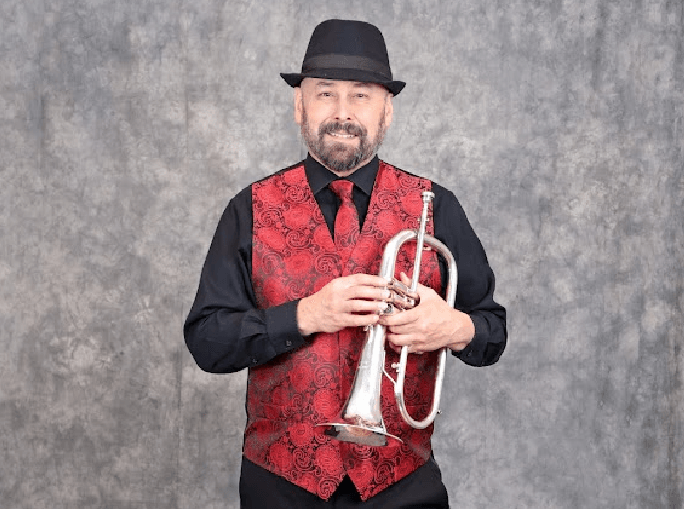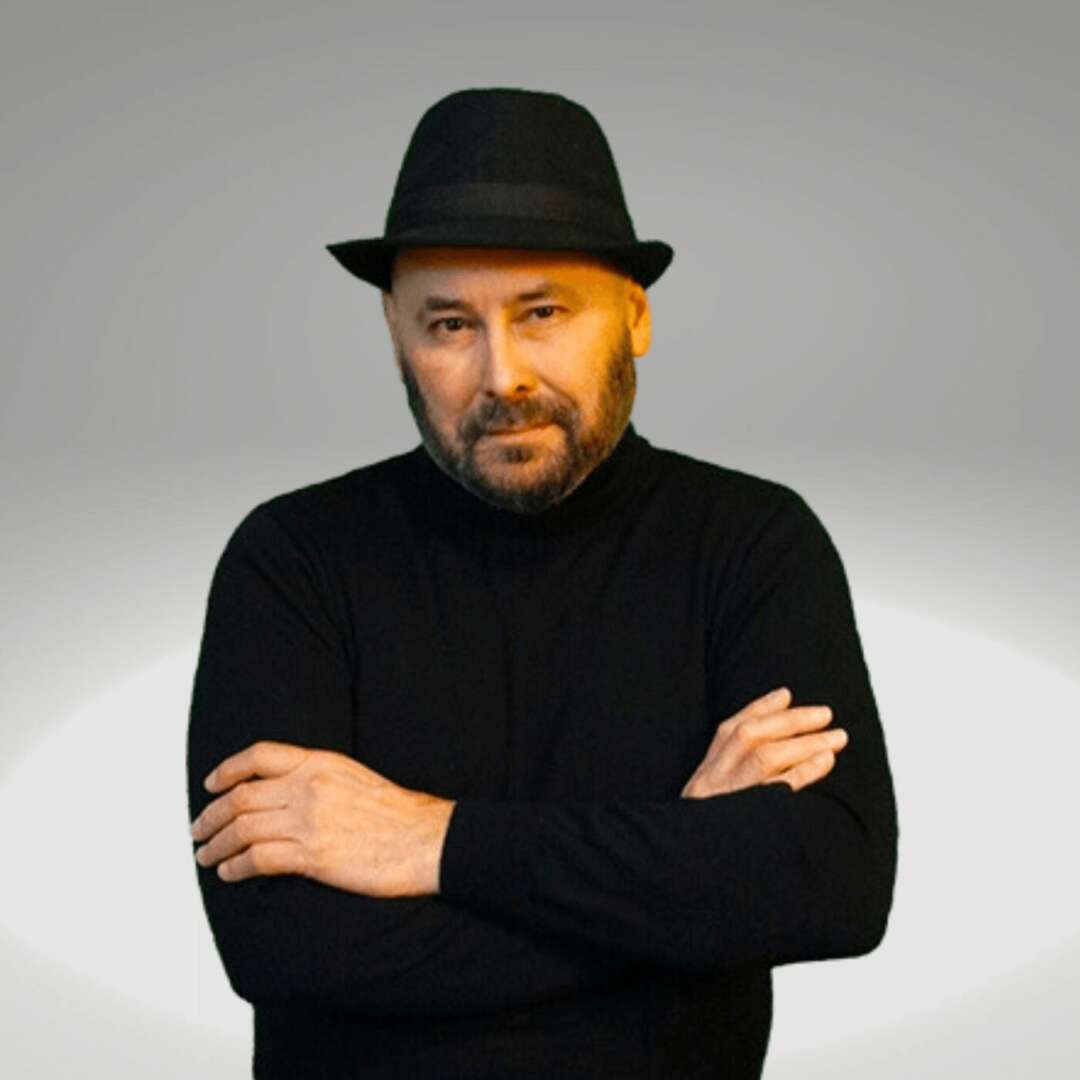We were lucky to catch up with Alex Otey recently and have shared our conversation below.
Hi Alex, thanks for joining us today. Have you been able to earn a full-time living from your creative work? If so, can you walk us through your journey and how you made it happen? Was it like that from day one? If not, what were some of the major steps and milestones and do you think you could have sped up the process somehow knowing what you know now?
I have been able to earn a full-time living from my creative work, however , it was a journey for me to get here. My father was a concert pianist and not focused on the business side of music, so I didn’t get a lot of direction on how to earn money in music aside from being paid to perform. At age 18 I thought I’d pursue music as a trumpet player, but was dissuaded by keyboard synthesizers that were sounding more and more brass instrument realistic. At that point, I decided to pursue scientific studies and ended up designing software for a variety of purposes. I continued performing and writing music, forming ensembles and playing in clubs as I worked day jobs. Over the years I saved, invested, and built myself a recording studio. I learned about the recording music industry, how to earn royalties, and won various awards for my recorded music. I became more proficient as a pianist-singer over the years, and having left my day job, I perform regularly as a solo musician or with groups these days. I continue to record and have produced various artists, and even my software industry experience has helped me with music production, arranging and publicity. I took a long-term approach to music, acquiring knowledge and skills to secure a sustainable music career. Perhaps this could have been expedited, but my childhood interest in science was also addressed along this path.
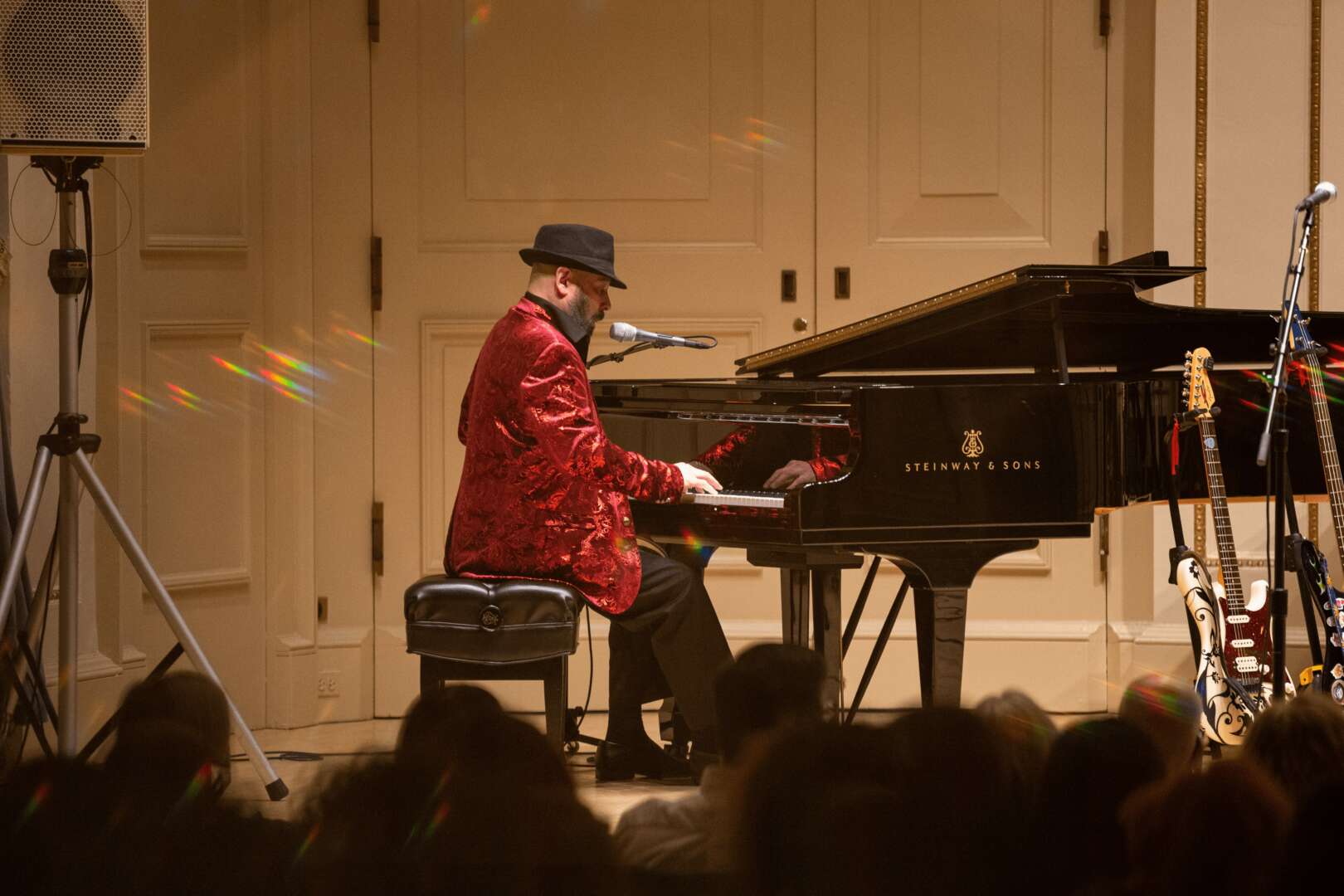
Alex, love having you share your insights with us. Before we ask you more questions, maybe you can take a moment to introduce yourself to our readers who might have missed our earlier conversations?
Coming from a musical family that has extended ties to those in science related industries, I can see why, for me, getting an undergraduate degree in physics and atmospheric sciences made sense. I was also interested in the science of music & sound. My path took me into healthcare with software development and I devoted several years to developing an expedited drug approval process for clinical research. Time spent in the medicine related field also has supported my ongoing interest in music therapy related focuses. Along the way, I met my wife who is an amazing singer, and I co-wrote, arranged and produced a collection of children’s music with her focused on fitness for kids. Not only did we together get Grammy® nominated for the project, we performed for 30,000 attendees at the White House Egg Roll event in 2010. I’ve collaborated on other projects with aspects of wellness and have been examining further therapeutic benefits of various frequencies over recent years. I’ve tried to make the music I’ve written thought evocative in positive ways, and am continuing to strive for uplifting messages in my lyrics. Anatomically resonating music for therapeutic wellness is an area I’m pursuing as well.
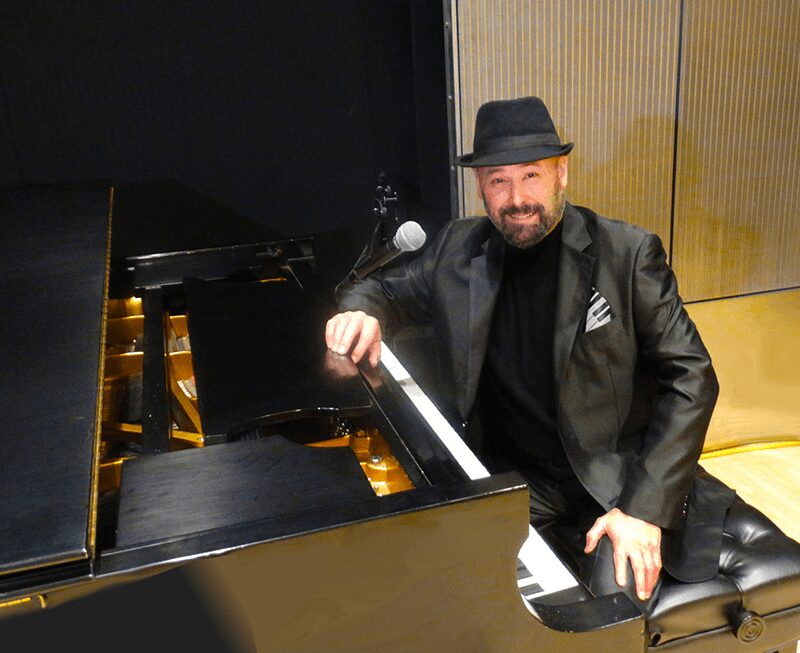
Is there a particular goal or mission driving your creative journey?
As I’ve outlined, I believe music is more than simply organized sound. Music can have important meaning as well as therapeutic impact. A goal of mine is to elevate music to be of higher value, in similarity to nutrition or healing therapy, not only because I believe music has attributes to be so, but for the benefit of musicians who strive to be creative and earn a living with it, and for those recipients who can benefit from it.
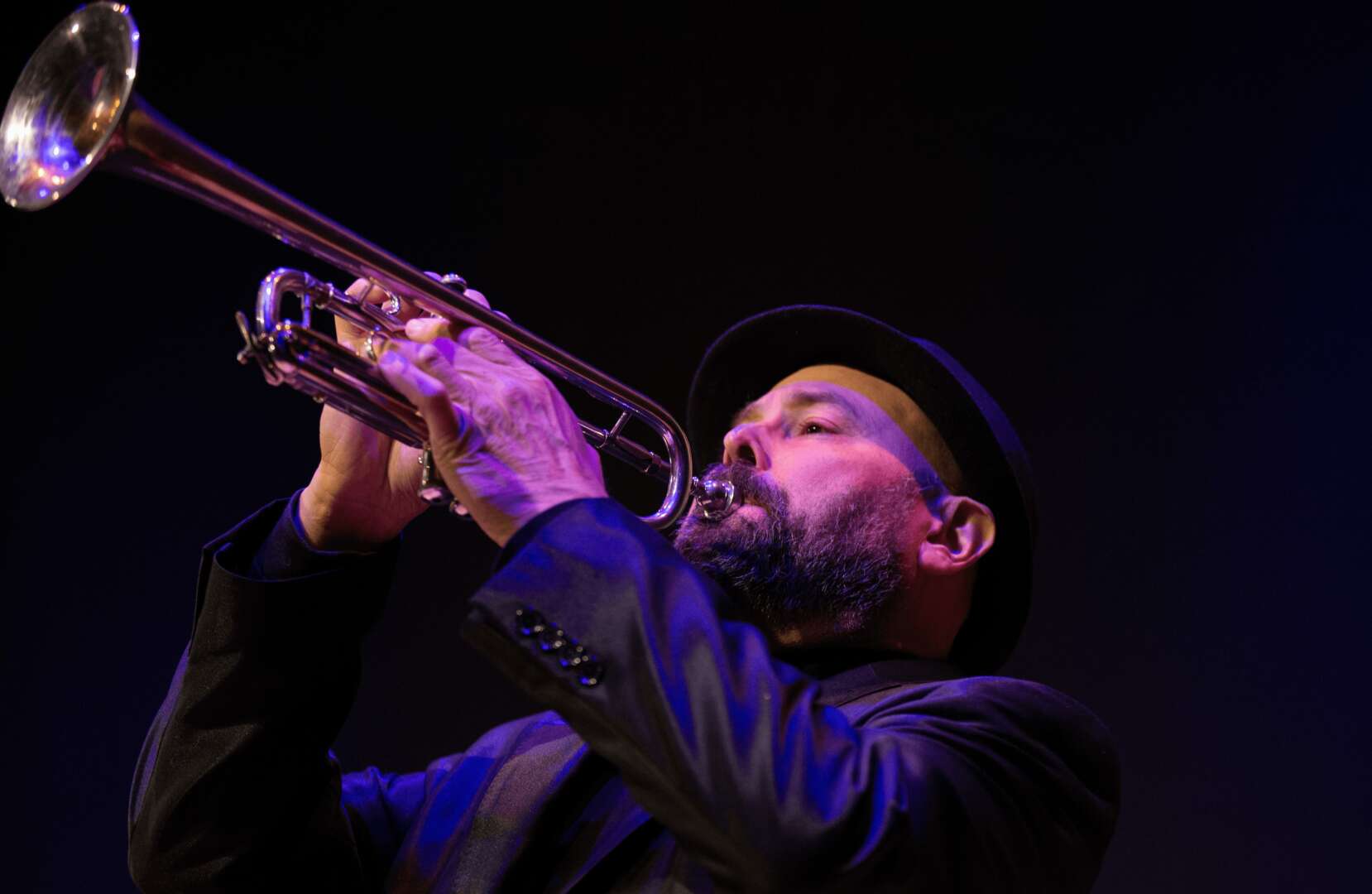
What do you find most rewarding about being a creative?
When I was young, music was an intellectual exercise. I studied classical repertoire, and it seemed mainly mathematical. It took me years to understand that there is an emotional side to music. And, it took me even longer to understand how music affects people, and our surroundings. Music that connects with people will affect their mood and can motivate or inspire. It can even reduce pain and promote healing. As a performer, it is very rewarding to play a song that moves people, and it is almost like being a doctor healing a patient. Many musicians think music is about themselves, how talented they are, how well they play and the recognition they receive for it. But, I’ve come to understand that being a musician is like being a salesperson and a medical specialist – it’s very customer oriented, and the craft needs to be intended for the audience to reach a sense of fulfillment. Being successful at this is the rewarding side of performing music.
Contact Info:
- Website: https://www.alexotey.com
- Instagram: https://www.instagram.com/alexotey/
- Facebook: https://www.facebook.com/AlexOteyMusic/
- Linkedin: https://www.linkedin.com/in/alexotey/
- Twitter: @AlexOtey
- Youtube: https://www.youtube.com/@AlexOtey
- Soundcloud: https://soundcloud.com/alexotey
- Other: On Spotify or other digital distributors as “Alex Otey” and “Alex Otey Trio”
